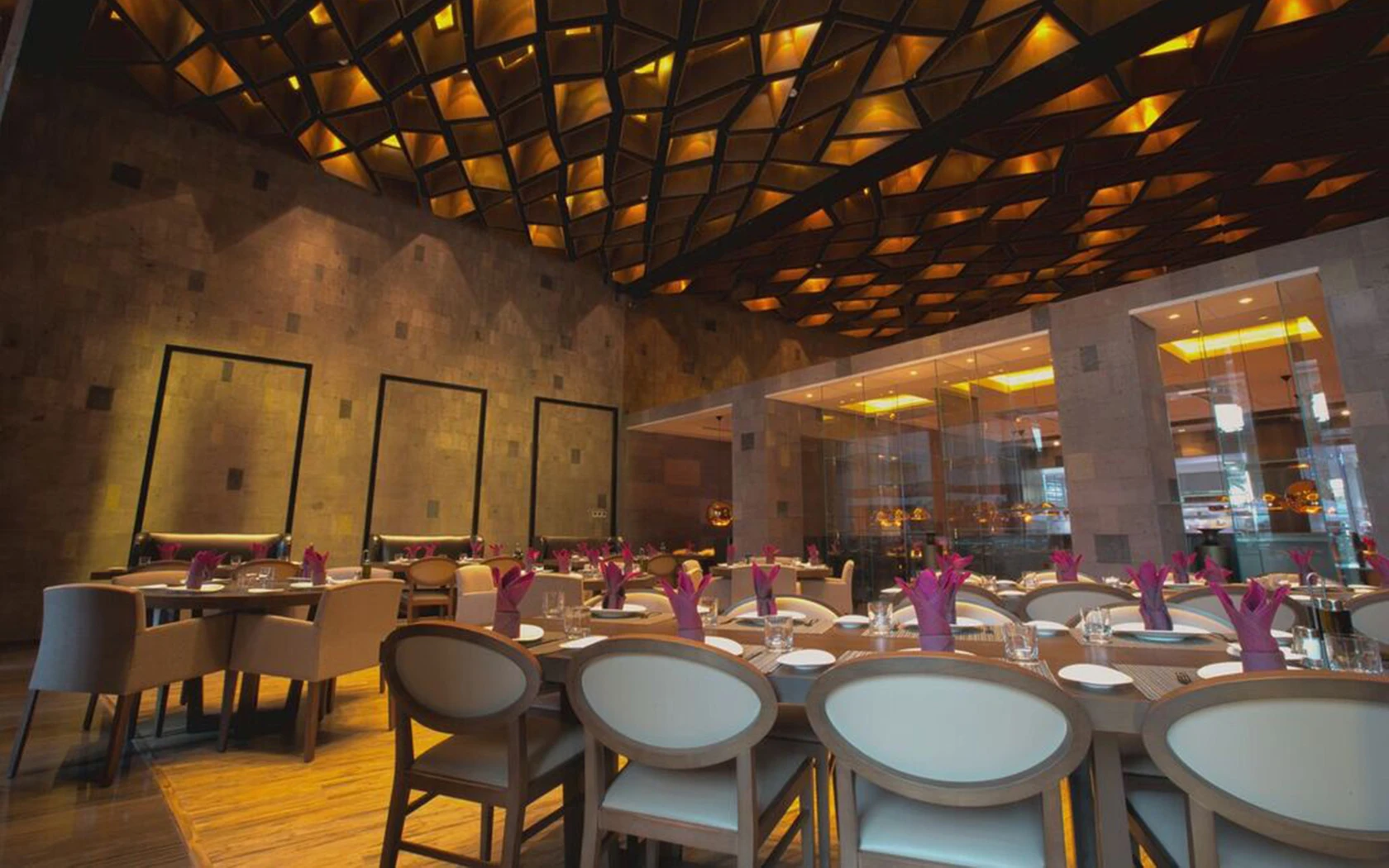Saudi Arabia
WELCOME TO Saudi Arabia
Country Overview
Riyadh
2,149,690 km2
35.43 million
Arabic

Popular
Geography and Tourist Attractions
Information about the country's tourist attractions, including popular destinations, events, and activities.
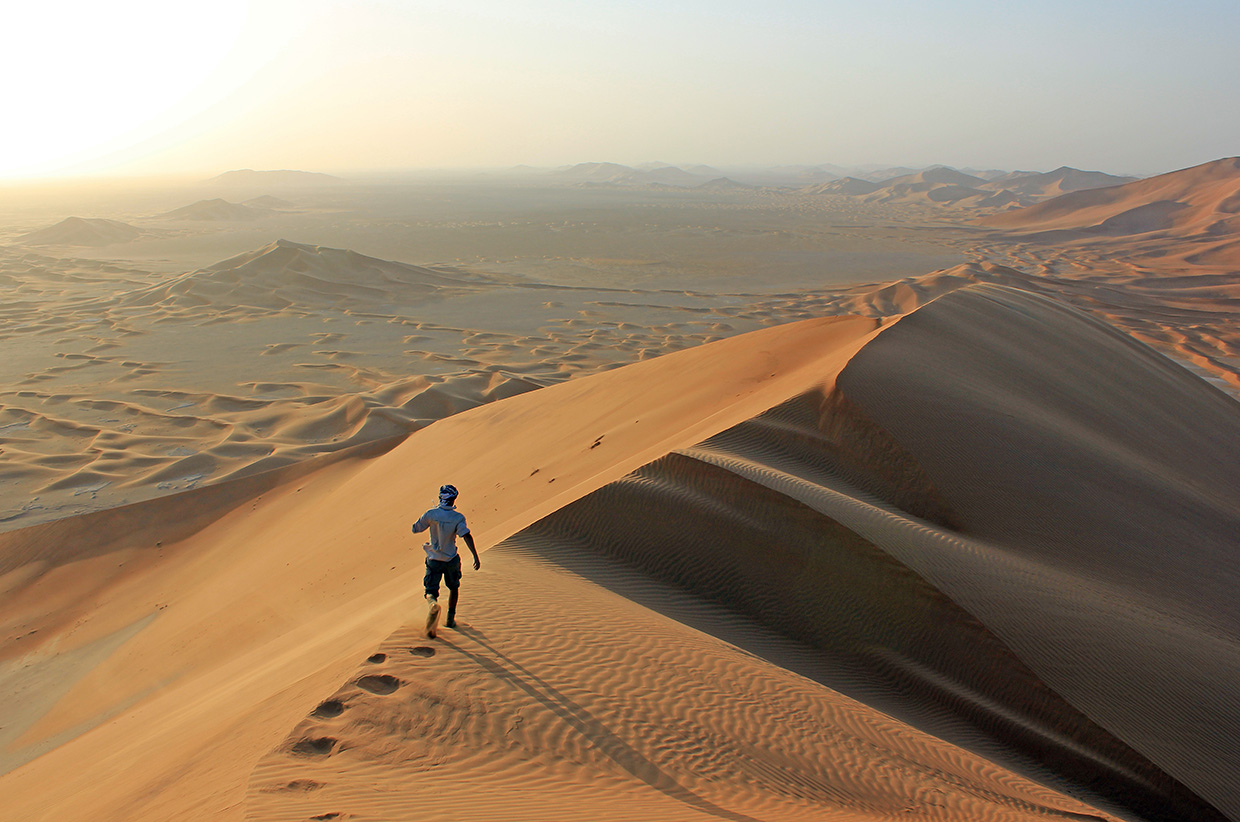
The Empty Quarter (Rub' al Khali
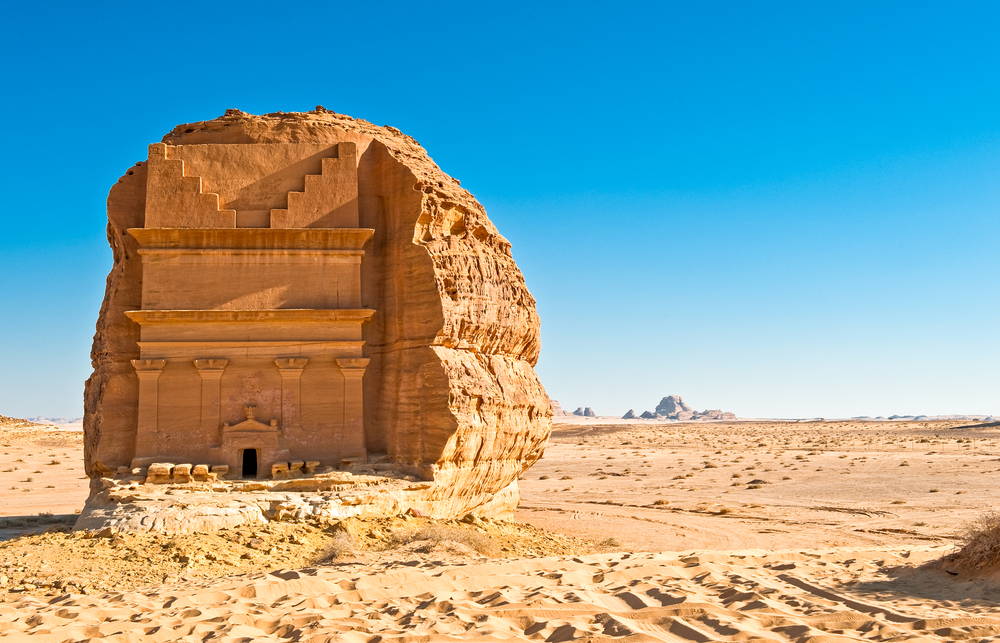
Madain Saleh
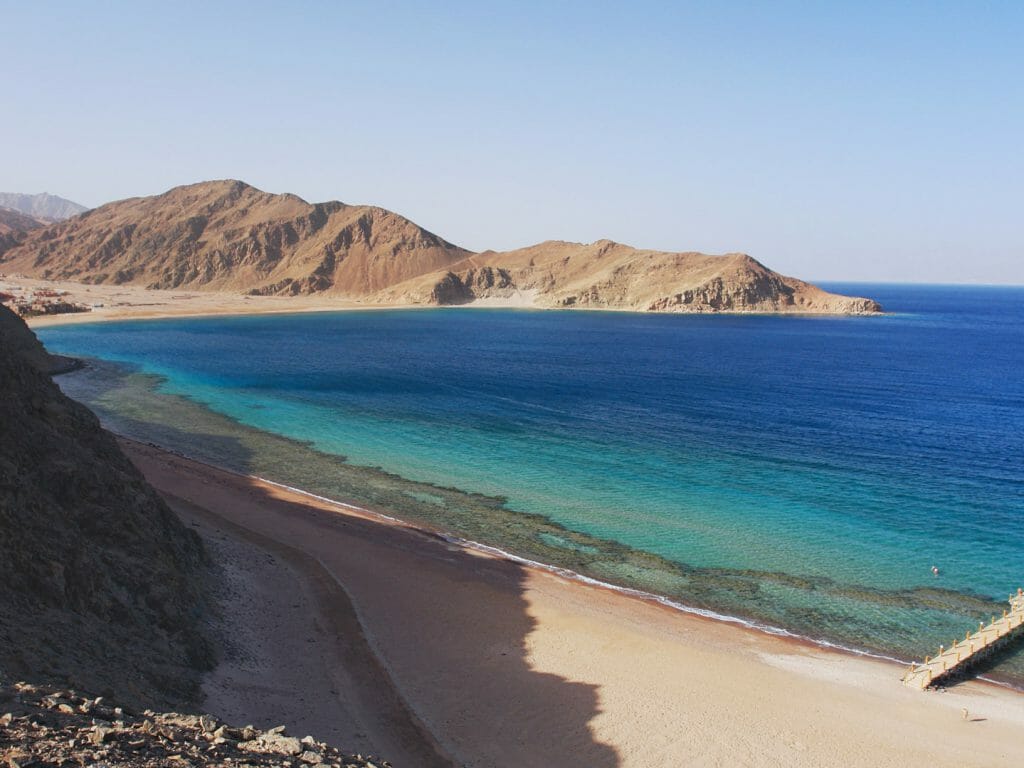
The Red Sea Coast
Political
Economy and Government
Saudi Arabia possesses a thriving economy and a unique form of government. The country's economy is predominantly fueled by oil and gas reserves, making it one of the world's largest oil exporters. Saudi Arabia's petroleum industry plays a significant role in shaping its economy, contributing to government revenue and GDP.
The government of Saudi Arabia operates under an absolute monarchy system, where the King serves as both the head of state and the head of government. The country follows Islamic principles and laws as the foundation of its legal system. The King appoints key officials and exercises executive authority, while an appointed Shura Council advises the government on policy matters.
In recent years, Saudi Arabia has embarked on economic diversification efforts through its "Vision 2030" plan. This ambitious roadmap aims to reduce the country's dependence on oil by developing other sectors such as tourism, entertainment, technology, and renewable energy. Initiatives like NEOM, a futuristic mega-city, and the opening of tourism to international visitors are part of the broader strategy to attract foreign investments and boost non-oil sectors.
To support economic growth, the government has implemented various reforms, including privatization initiatives, ease of doing business measures, and the creation of Special Economic Zones. These efforts strive to enhance competitiveness, encourage entrepreneurship, and attract foreign investment. Additionally, social and cultural reforms have been introduced, such as allowing women to drive and expanding women's participation in the workforce.
Overall, Saudi Arabia's economy and government are undergoing transformational changes to diversify the economy, attract investment, and empower its citizens while maintaining its unique cultural identity and Islamic principles.
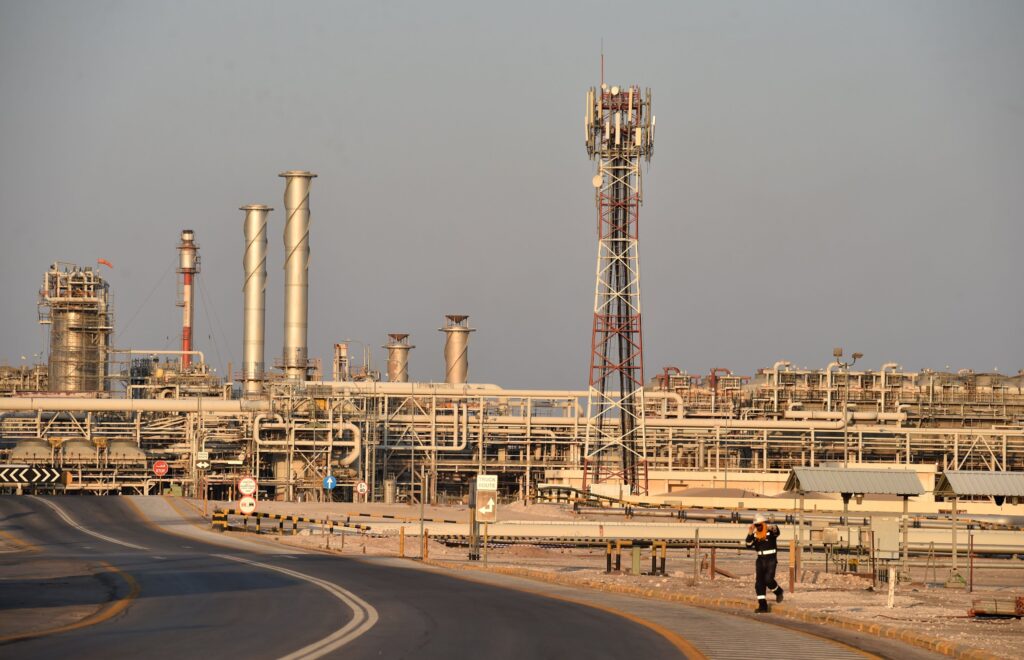
History
History and Culture
Saudi Arabia boasts a rich history and vibrant culture deeply rooted in its Arabian heritage and Islamic traditions. The region has been inhabited for thousands of years, with ancient civilizations leaving their mark. The birthplace of Islam, Saudi Arabia is home to the two holiest cities, Mecca and Medina, attracting millions of pilgrims annually.
The country's cultural heritage is evident in its architecture, arts, cuisine, and traditional practices. Historic sites such as Diriyah, the original capital of the first Saudi state, and the ancient rock art in Hail showcase the nation's historical significance. Traditional music, poetry, and dance, such as the ardha, reflect the cultural expressions of Saudi Arabia.
Saudi Arabian society is influenced by conservative customs and Islamic values, emphasizing family, hospitality, and respect for elders. The traditional dress for men is the thobe, a long white robe, while women wear the abaya and niqab or hijab.
In recent years, the Kingdom has seen social and cultural reforms aimed at modernization and opening up to the world. These changes include the establishment of entertainment venues, cultural festivals, and the re-opening of cinemas. Initiatives like the Misk Art Institute and the Al-Ula cultural project further promote artistic and cultural expressions.
While embracing progress, Saudi Arabia continues to preserve its cultural heritage and Islamic traditions, blending ancient traditions with modern advancements in a dynamic and evolving society.
HOTELS
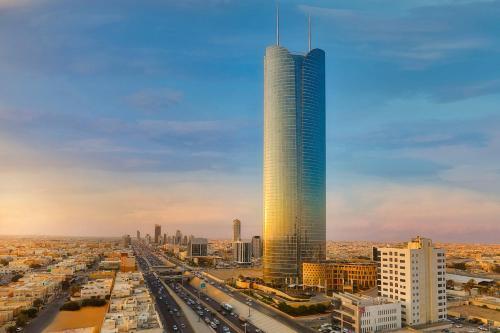
Burj Rafal Hotel Kempinski, Riyadh
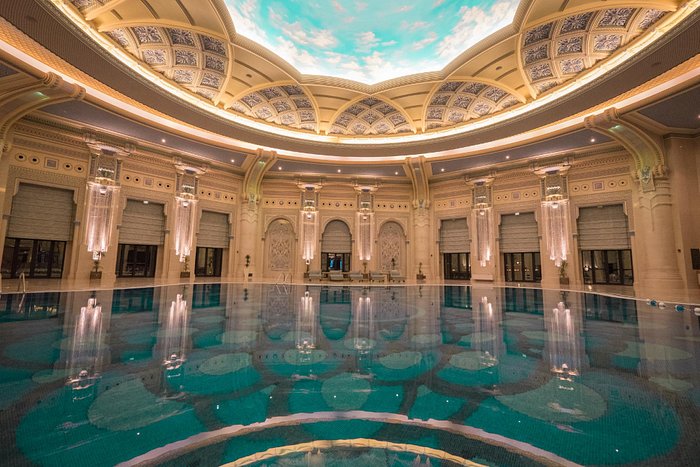
The Ritz-Carlton, Riyadh
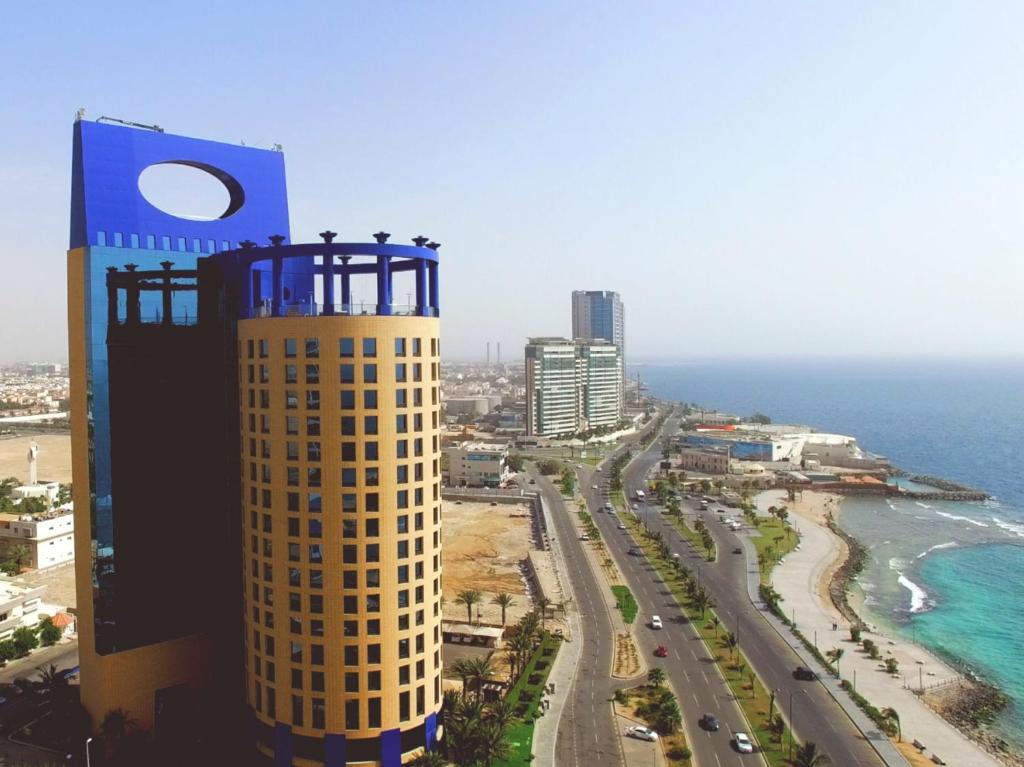
Rosewood Jeddah
RESTAURANTS
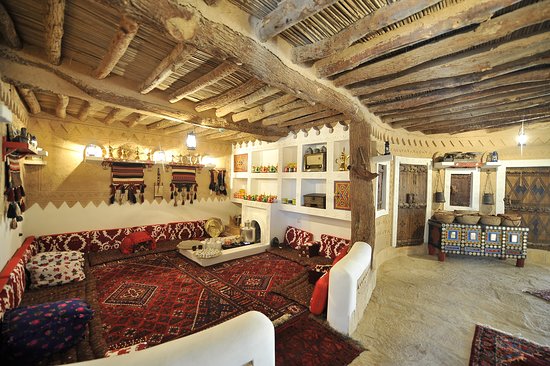
Al-Najdiyah Restaurant, Riyadh

Al-Baik
